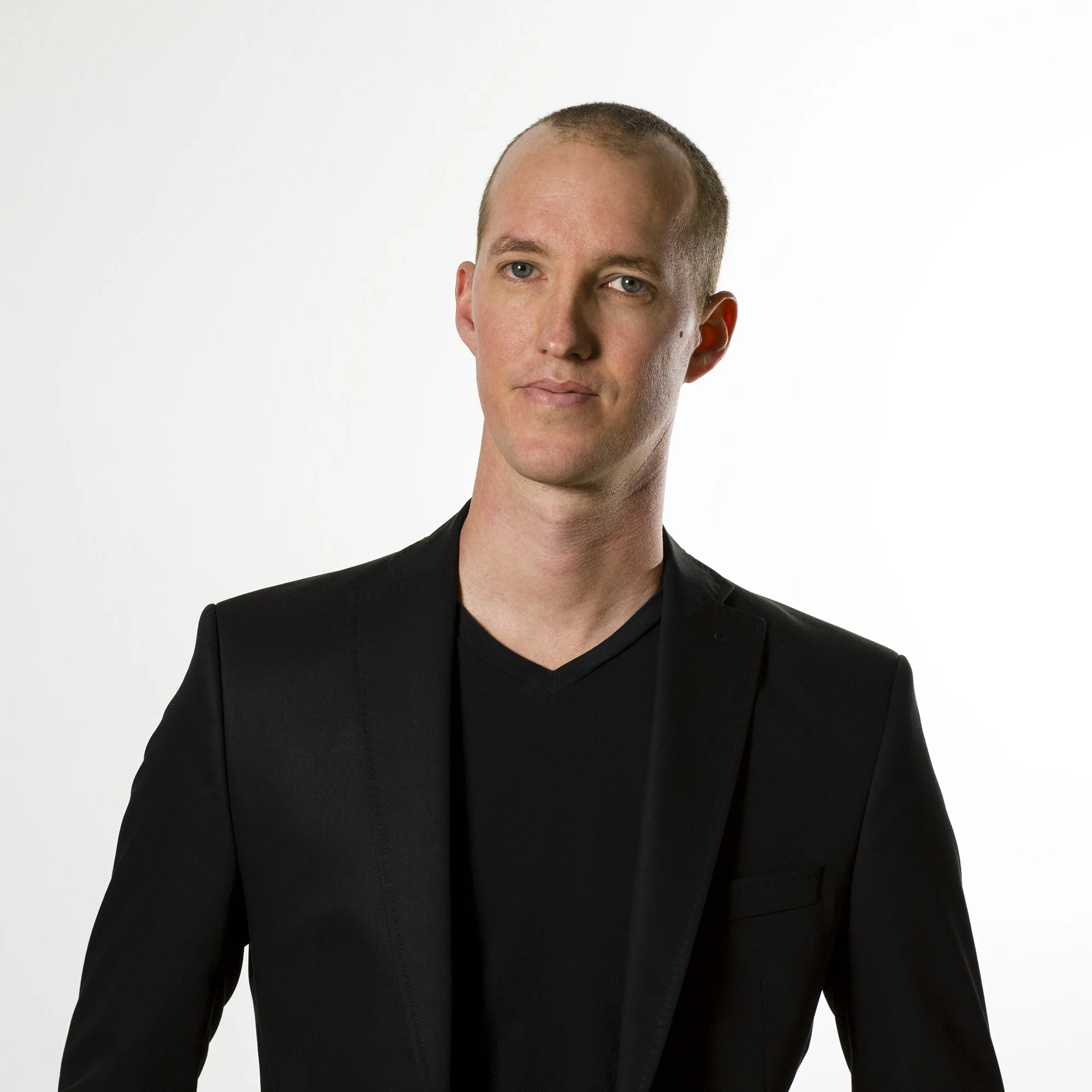A Short Interview with Robert V. Springer
Robert V. Springer
Our upcoming February concert features a new composition by our friend and composer Robert V. Springer. We look forward to performing his piece "Intersections" on our upcoming concert series and recording it this summer. Join us February 4 at 3 PM at Central United Methodist Church for the world premiere.
What are your musical inspirations for your compositions?
I like to work from a concept, and the more basic the concept, the more freedom I imagine I have. That said, in my opinion, a piece of music should be able to stand on its own without the listener knowing the work’s concept or metaphor.
I try to avoid being too literal unless a project calls for it. For example, a flute solo does not need to represent a bird, and this melody here does not need to represent a person jumping into a river. Ambiguity, like abstract art, leaves room for the listener and performer to form their own interpretation. I get to live as both creator and consumer. As a composer I try to represent with sound, basic human feelings and concepts like: love, longing, hate, fear, balance, solitude, belonging, just, the unjust, life, death. After a piece is finished, only then do I exist as a listener and I begin to flesh out my own allegory to the concept of the music. When writing a piece, the reasoning for some compositional decisions still evade me and only as a listener when the piece is completed, am I able to draw meaning. I am always appreciative to hear what story or feelings resonated with the audience while listening. How boring would it be if we all derived the exact same meaning to the exact same music?
Last year we premiered your work, "Stogikk," what kind of different approach did you take with your new work, "Intersections"?
In retrospect, "Stogikk" was inward looking, and "Intersections" feels very outward looking. If I were a coin, they both feel like opposite sides of me. One deals with the emotional landscape of an internal journey, and the other is an external maneuvering through emotions projected onto our surroundings. As you said yourself, Intersections is much brighter than "Stogikk." The irony is that I did not set out to do this intentionally.
I'm not sure much of my approach was different besides the concepts. Being able to work with the same musicians on a second project allowed me to build upon my understanding of each performer's sound and personality. In that way, it felt like an additive approach instead of a difference approach. I'm lucky to collaborate with such great musicians and friends.
What are the challenges or rewards of writing for wind quintet?
Each instrument is quite different from each other and because of this, at times it might seem hard to get the ensemble to blend into a homogeneous sound, like a string quartet would. Really though, I think this is a benefit. Each instrument has 3 distinct tone qualities depending where in the instrument’s range the music is written. Add dynamics, extended techniques, auxiliary instruments (piccolo, English horn), and suddenly you have a myriad of different sound combinations available. Unlike strings and percussion, I often have to remind myself wind players need to breath; that’s always a fun challenge to get around.
What are your next projects on the horizon?
I am finishing up two small pieces, one for guitar duo and another for string quartet. After that, I will be able to get back to a 15 minute ballet I have been working on with a choreographer. I’m always delightfully surprised by the collaborations and projects that come down the pipeline.
Robert V. Springer is a composer whose works include orchestral, chamber, ballet, and vocal compositions. Drawing upon personal experiences, local communities, and natural surroundings, his music depicts enduring and shared human concepts. Robert’s style has been described as “prominently rhythmic” and “visually conjuring.”
Integral to his process is collaborating with musicians, singers, dancers, writers, and artists; both locally and abroad. His music has been and continues to be commissioned by individual patrons, schools, and professional ensembles. Robert currently spends the majority of his time in Arizona and New York.
http://www.robertvspringer.com
